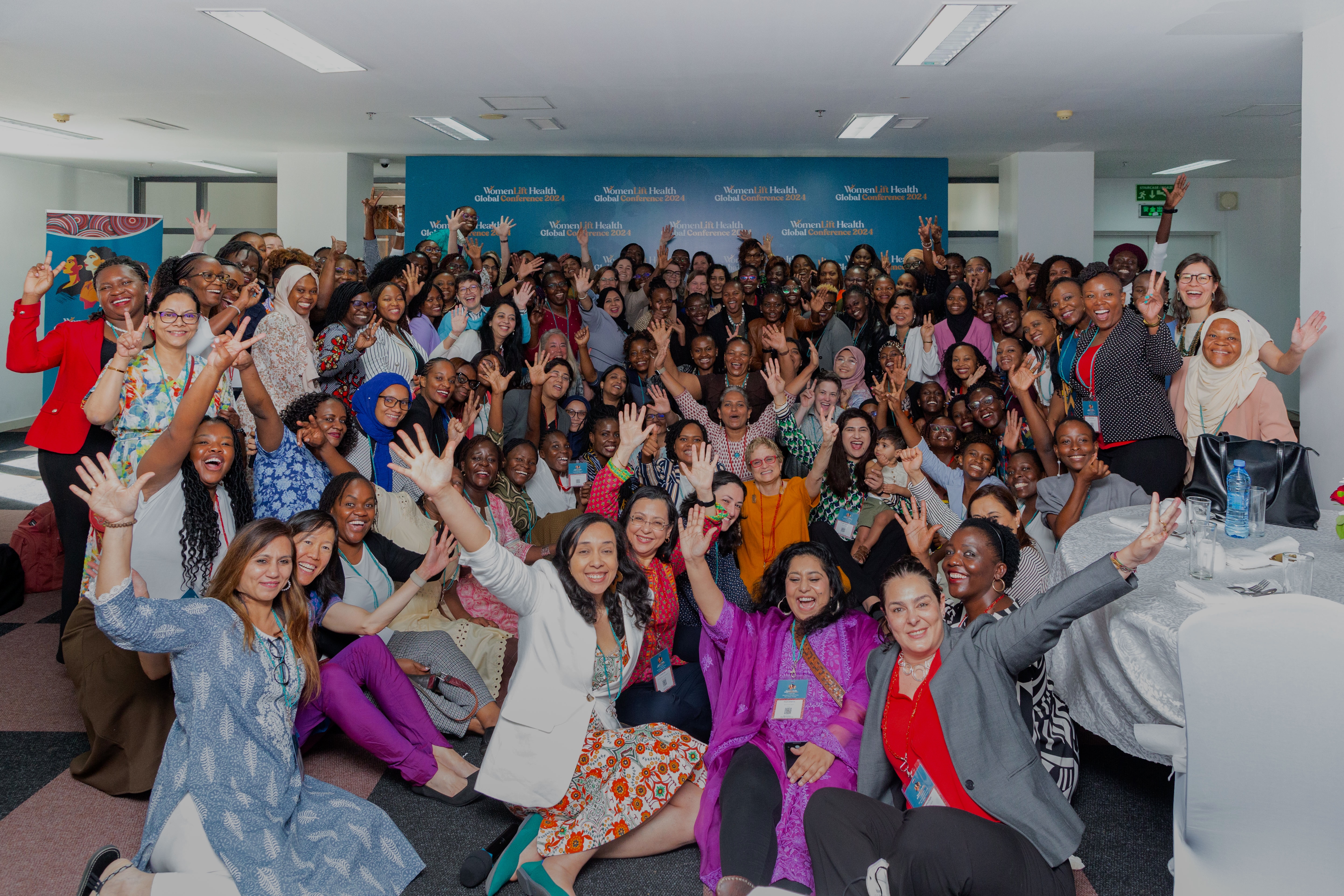I distinctly remember my first role model as a young girl: Chris Evert. I was not especially sporty and definitely didn’t play tennis. But I looked up to her as a strong, independent woman who was exceptionally good at what she does. I knew I wanted to be like that when I grew up.
This is a special, universal experience that girls share when we identify an extraordinary woman—whether on TV, in our community, or in a textbook—who becomes a guiding compass for who we want to be someday. Girls today have incredible women to look up to, from Malala Yousafzai to Taylor Swift to Naomi Osaka. At Gates Philanthropy Partners, we believe that when you create opportunities for every girl to have a “that-could-be-me” moment, you can unlock a whole new realm of possibility for their future education and career, and in turn, for the future of their communities.
To delve deeper into what this work looks like at the Gates Foundation, I chatted with Iris Mwanza, deputy director of Women in Leadership for the Gender Equality Division, on her work as well as her own path in becoming a leader.
Iris, you've spent almost three years as the Deputy Director of Women in Leadership at the Gates Foundation. Can you share a little about your team’s current priorities?
Our team works globally with organizations focused on advancing women’s leadership through three areas of opportunity that we have identified: 1) individual empowerment, 2) organizational change and 3) societal impact. When we prioritize these three pillars, women have the opportunity to accelerate their careers, pursue equitable paths to leadership across organizations, and attain more visible positions of leadership. We are guided by the fact that when we change the very nature of what effective leadership looks like, we can begin chipping away at deeply rooted biases.
Can you tell us a little bit more about your own journey in becoming a leader?
I was born and raised in Zambia. From childhood, I was exposed to the inequalities and unfair treatment of women and girls in my community, especially pertaining to our careers. Seeing this inequality firsthand—and so clearly—is what made gender equality a real driving force in my career.
I pursued a Ph.D. dissertation on women’s and children’s rights in the Commonwealth of Africa, and then worked for many years in international development and global health.
Throughout my education and career, gender equality has really been a through line. It’s actually what led me to enroll in WomenLift Health’s Leadership Journey program—an organization that I now support here at the Gates Foundation.

Iris Mwanza speaking at the 2024 WomenLift Health Conference.
Oh wow, I didn’t realize that you were an alumnus of the WomenLift Health’s Leadership Journey program. Can you tell me more about the program and your experience?
I like to describe the WomenLift Health Leadership Journey as an MBA designed specifically with women in mind and works within the context of where you’re located—whether in America, India, or East Africa. Their primary aim is to accelerate the advancement of talented women into senior leadership positions by investing in mid-career women and giving them a support system that they can lean on.
For example, we know that women make up 75% of the global health workforce, especially in nursing or health care administration. Yet, only 1 out of 4 leadership roles across the global healthcare industry are held by women.
So, our investments aim to help make sure that women have the support and community they need to reach those next levels.
That's phenomenal. If someone is interested in getting involved and supporting this area of work, what would you say to them?
This is a young emerging field, and there's now a lot of energy around women's leadership in general across many organizations. However, when you think about it as an investment space for philanthropy—that's still pretty new.
So, first and foremost, I say welcome! This space has so much opportunity for those who would like to get involved. The field is vast, and an investment in this space will help create real social change for generations to come.
Also, a perk of getting involved in an emerging space like this one is flexibility. You can fund a pilot with WomenLift Health, for example, if you’re interested in a specific issue area. In Kenya we just kicked off a cohort that is focused on leaders who work in family planning.
What fuels your optimism?
Seeing the impact that we are having on women’s lives.
When I was first getting into my career, it felt like we had a long way to go before we could create the kind of change needed to accelerate women’s participation in leadership—at all levels of decision-making. While work still needs to be done here, we are slowly moving forward to that kind of change.


